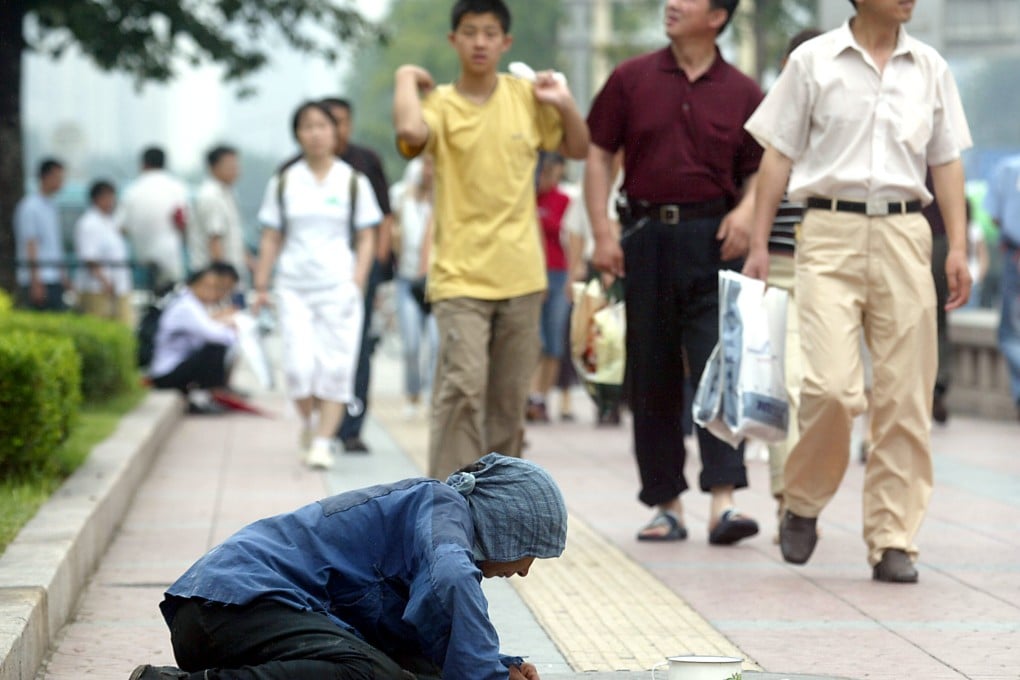Inequality threatens to derail the Asian growth miracle
Tomoko Nishimoto says policymakers must act swiftly as rich-poor divide widens

Leaders around the world are talking about inequality. With the global economy still dragging, there are growing fears that rising income disparities could hamper growth and reverse social progress. At the recent World Economic Forum in Davos, inequality was highlighted as the defining challenge for 2015. In the Asia-Pacific region, similar concerns are infiltrating the policy debate.
Asia's economic achievements have been lauded globally. Since 1991, more than 465 million workers in the region have lifted themselves and their families out of extreme poverty. With better jobs and higher incomes, Asian living standards are rising. But now the region is confronting a new challenge - the widening gap between the rich and poor.
In this month's Asia-Pacific labour market update, our regional economics team looked at this trend, and their findings are alarming.
Income inequality has indeed increased in the region overall or, in other cases, has remained stubbornly high. In China, Indonesia and India, the Gini coefficient - an inequality metric ranging from 0 (total equality) to 100 (total inequality) - has increased by 9.6 points, 6.4 points and 3.1 points respectively, in the past 20 years. This is particularly troubling because these three countries account for two in five of the world's people. We also see widening disparities in countries as diverse as Bangladesh, Laos, Mongolia, Sri Lanka and Vanuatu.
Inequality is not just an issue for academics and policymakers to debate. Concerns are being voiced by ordinary men and women across the region. A recent Pew Global Survey found that 70 per cent of those surveyed in India felt that the rich-poor gap was a major problem in their country. In Malaysia and the Philippines, around 50 per cent of people felt that way, and more than 40 per cent in China, Indonesia and Thailand. What's more, there is a strong public view that government actions play a critical role in whether inequality gets better, or worse. Policymakers take note.
We share the view that the correct policies can make a major difference. But we also know that a lack of action is not a neutral choice - left to itself, the trend towards inequality will worsen. So policymakers must be swift as well as decisive.
